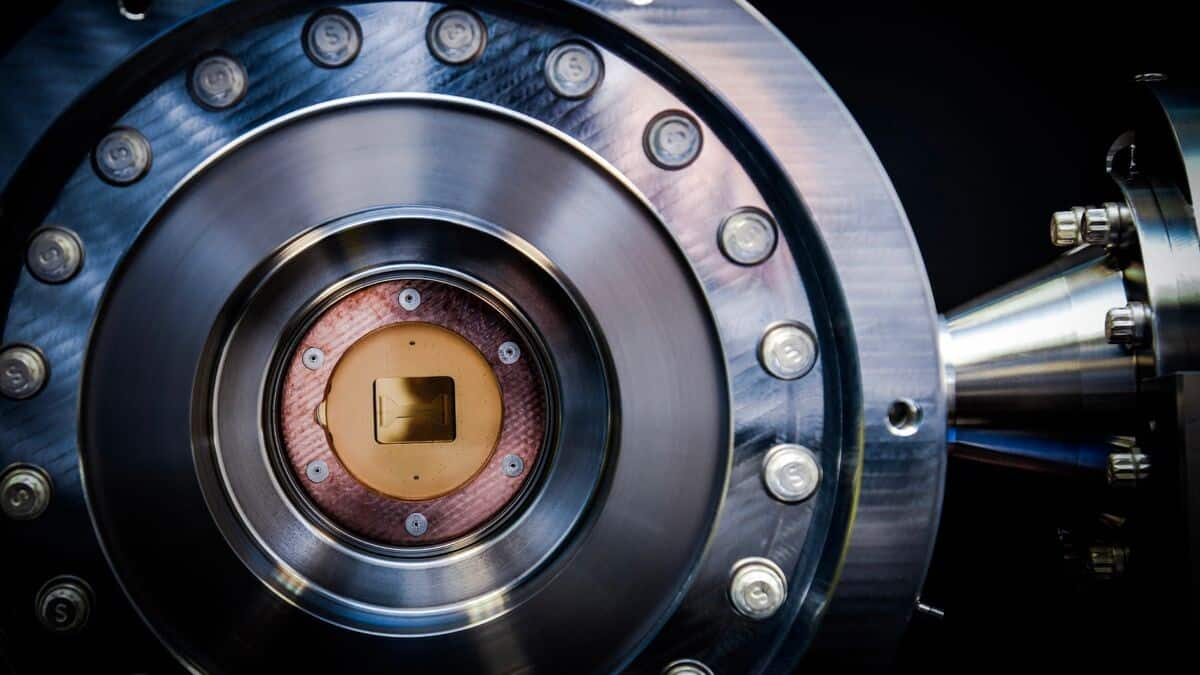
This quantum computer is 100x faster than Google's Sycamore machine
What's the story
Quantinuum, a quantum computing company, has set a new record in 'quantum supremacy' with its 56-qubit H2-1 computer. The achievement surpasses the previous benchmark set by Google's Sycamore machine in 2019 by 100-fold. The Quantinuum team conducted various experiments to evaluate the performance and quality of H2-1's qubits, publishing their findings in a study uploaded to the preprint database arXiv. "We are entirely focused on the path to universal fault-tolerant quantum computers," said Ilyas Khan, Chief Product Officer at Quantinuum.
Performance
H2-1 achieved high-fidelity output
The Quantinuum team utilized a well-known algorithm to measure the noise or error-proneness of the qubits in H2-1. They gauged the fidelity of its output via the linear cross entropy benchmark (XEB), which generates results between 0 and 1, with 1 being completely error-free. In collaboration with JPMorgan, Argonne National Laboratory, and Caltech, they achieved an XEB score of approximately 0.35 with H2-1. This implies that the quantum computer achieves error-free results 35% of the time.
Quantum progress
Quantinuum's significant strides in quantum computing
Previously, Quantinuum partnered with Microsoft to demonstrate 'logical qubits' that had an error rate 800 times lower than physical qubits. In a study published this April, scientists proved they could run experiments with these logical qubits, with an error rate of just 1 in 100,000. This is much stronger than the 1-in-100 error rate of physical qubits.
Future prospect
Quantum computing: The path to universal fault tolerance
Quantum computers, unlike classical ones, can do calculations in parallel due to the laws of quantum mechanics and entanglement between qubits. Adding more qubits increases a machine's power exponentially. However, achieving 'quantum supremacy,' where quantum computers outperform classical ones, needs a quantum computer with millions of qubits due to their inherent proneness to error. Despite these challenges, Khan remains optimistic about the future of quantum computing and its potential for universal fault tolerance.